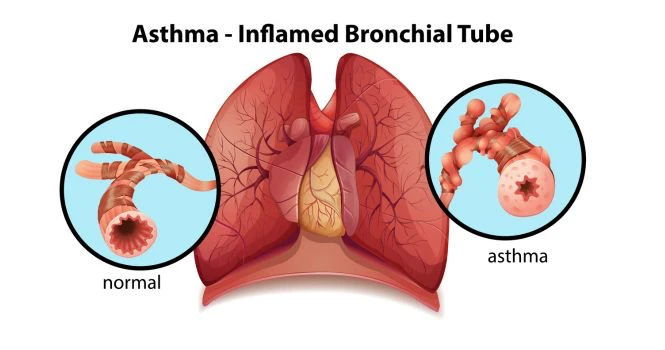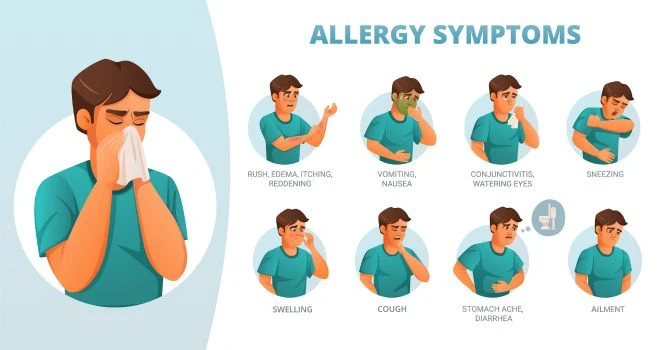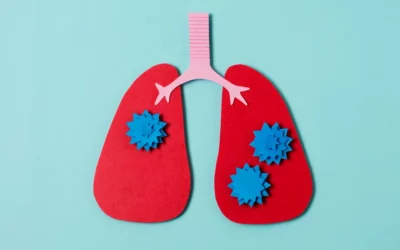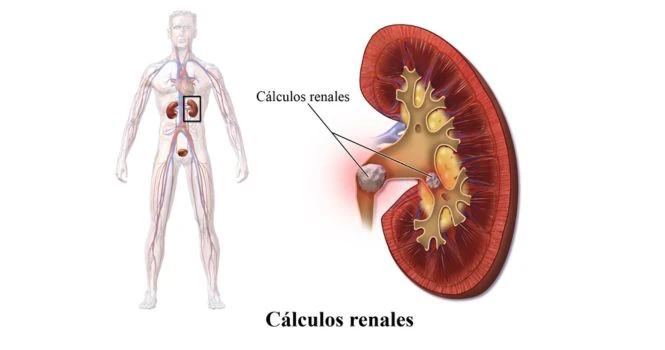Definition of Asthma
Asthma is a condition which narrows your airways and makes it to swell and secrete extra amounts of mucus. This can trigger coughing, wheezing, shortness of breath and make it difficult to breathe. While the condition causes minimal difficulties in some people, among others, it becomes a major problem that interferes with their everyday activities.
The number of people suffering from Asthma has been rising. Per the Global Asthma report 2018, it kills around 1000 people every day and affects as many as 339 million people throughout the world.
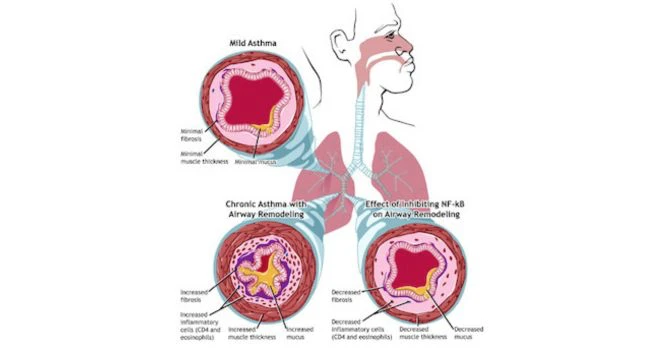
What are the symptoms of asthma?
- Shortness of breath
- Chest tightness
- Coughing
- Wheezing
- Shortness of breath
- Wheezing attacks worsened by respiratory virus
In some cases, asthma symptoms flare up during exercise, upon being exposed to workplace irritants or due to triggers by airborne substances like pollen, mold, cockroaches, etc.
What are the triggers of Asthma?
- Cold air
- Physical activity
- Air pollutants
- Respiratory infections
- Stress
- Strong emotions
- Sulfites and preservatives added to foods
- Airborne substances like pollen, dust mites, molds, pet danders, etc
- Health conditions like Gastroesophageal reflux disease (GERD) that causes stomach acids to get up to your throat
What are the possible risks and complications?
It can complicate your life by interfering with sleep, work or other every day activities. It can also cause severe complications like permanent narrowing of your bronchial tubes and affect the way you breathe. You might also experience complications from long term side effects of asthma medicines.
How is Asthma treated?
The key to managing asthma is by tracking your symptoms and side effects to adjust your treatment methods accordingly. Discuss with your doctor and make a detailed plan to opt for any of the following medications:
- Long-term Asthma control medications such as Inhaled corticosteroids, leukotriene modifiers, Long-acting beta antagosits, etc which are taken regularly to control chronic symptoms and prevent asthma attacks are the most important treatment for asthma.
- Quick-relief medications like Albuterol, Ipratropium, Oral and Intravenous corticosteroids for temporary relief and to prevent asthma attacks.
- Allergy-induced asthma medications like allergy shots that are taken regularly to reduce your sensitivity towards several allergens
- Biologics like Reslizumab, Mepolizuman, Omalizumab and Benralizumab to manage severe asthma symptoms
How can you prevent asthma?
Although there isn’t any way to prevent asthma, you can try the following methods to prevent asthma attacks:
- Following an asthma action plan by taking the right medications
- Get vaccinated for influenza and pneumonia
- Identifying and avoiding asthma triggers like allergens and irritants, etc
- Monitoring your breathing and recognizing warning signs of an impending attack like wheezing, coughing or shortness of breath.
- Taking prescription medications regularly and at the right doses
- Not relying upon quick-relief inhalers entirely
How does an allergy lead to asthma?
During an allergy, the chemicals released by your immune systems that causes allergy symptoms like runny nose or itchy eyes can affect your lungs and airways, leading to asthma.
